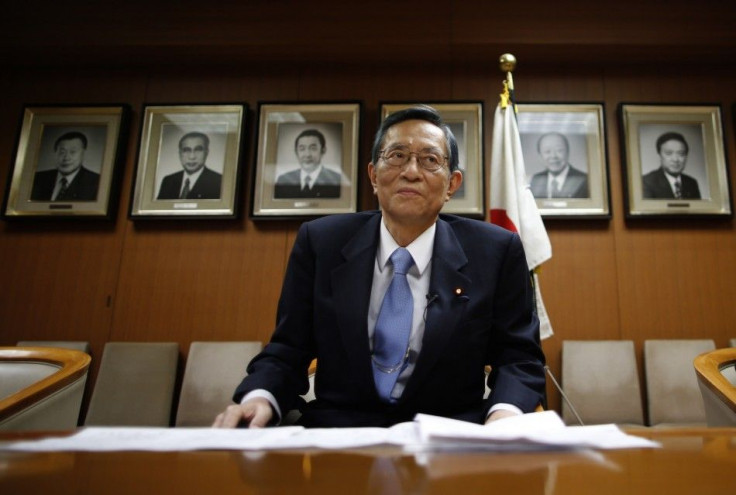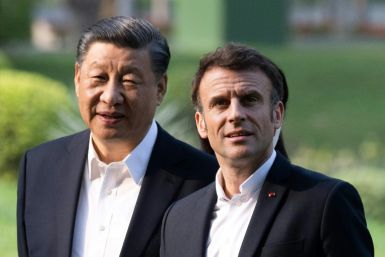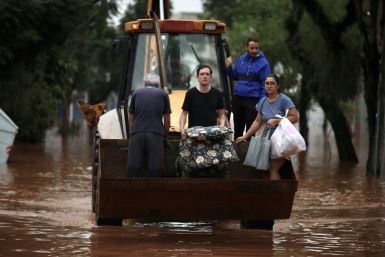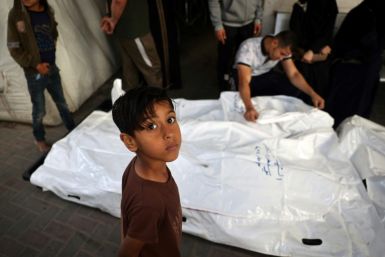Japan Excludes Manga & Anime in New Anti-Child Porn Law for Approval Before Parliament Ends Session on June 22

The Japanese Parliament is scheduled to approve an anti-child pornography law before the current Diet ends its session on June 22. However, the law would exclude Anime and Manga.
The exclusion of comics and Anime videos from the law that would prohibit the possession of photos and videos that depict real children is in response to calls to protect freedom of expression.
Explaining the exemption of Anime and Manga from the new law, Hiromasa Nakai from the Japan Committee for UNICEF told Radio Australia, "This law itself is meant to protect individual human life, the human life of the existing human being or child. And the issue of manga and anime is not the issue that directly affect the human lives of the existing child."
Dr Carol Hayes, lecturer in Japanese Studies at the Australian National University, agreed with the exclusion of Anime and Manga. She explained, "If we put 'real' in inverted commas, then it's imaginative creation and therefore it would be really hard to argue that it is real children who are being damaged by this. You know, I think if it is photography of actual children then it's much easier to argue that it is damaging children."
In 1999, Japan banned only the production and distribution of child porn, making the Asian giant one of the last developed nations not to universally outlaw its possession.
The lower house Committee on Judicial Affairs discussed on Wednesday a bill to expand the scope of the legislation, expected to be quickly approved and sent to the upper house before June 22.
The proposed law imposes a prison term of up to one year or fines of up to 1 million yen for anyone found guilty of possessing child porn. Japanese are given one year to dispose of such kind of materials in their possession before the revised law would come into force.






